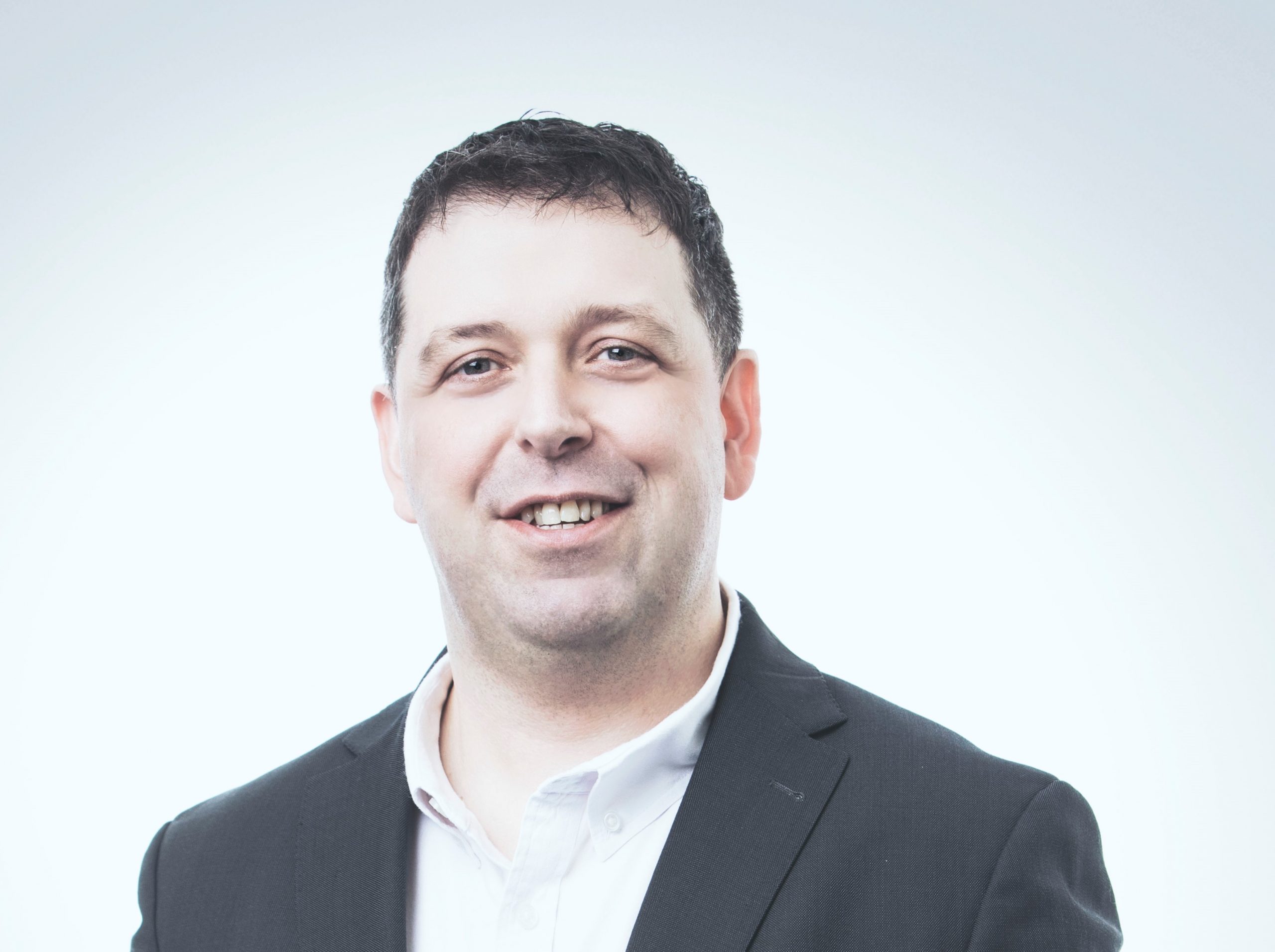It started at an industry conference, with a question from the floor. On a panel onstage were Derek Delaney of DMS, Cyril Delamare of Montlake, and Martin Vogel of MDO. All were CEOs of fund management companies. They had been discussing a shared challenge in their corner of the industry. They each were small, but their clients were huge. The imbalance between small firms and large clients was causing problems. It would take years to fix, they said. An audience member asked, “You’re all CEOs of your companies. Why don’t you just merge?” They batted away the question (“On a…
Cancel at any time. Are you already a member? Log in here.
Want to read the full story?
Unlock this article – and everything else on The Currency – with an annual membership and receive a free Samsonite Upscape suitcase, retailing at €235, delivered to your door.

